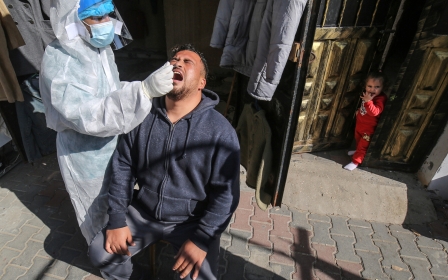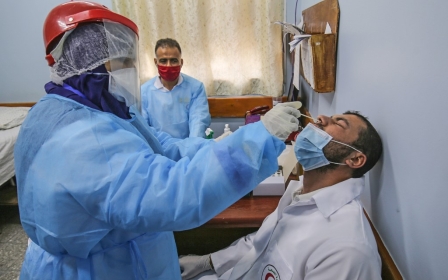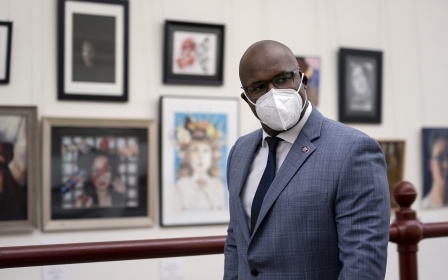Covid-19: Tunisia and occupied Palestinian territory to receive vaccine via Covax
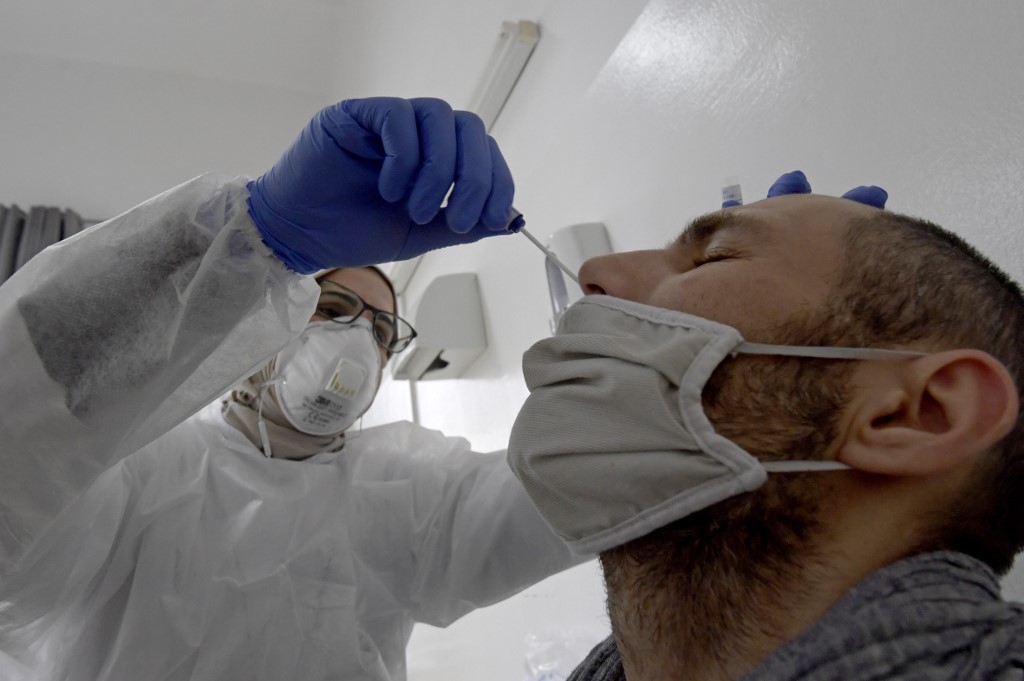
Tunisia and the occupied Palestinian territory will be the first parts of the Middle East and North Africa to receive free vaccines from the Covax programme.
Covax is an initiative that aims to produce and deliver free vaccines to more than 180 countries.
The World Health Organisation (WHO), which heads Covax with the Global Vaccine Alliance, said that both areas would receive at least 100,000 vaccines.
The WHO said that Tunisia would receive 37,000 shots from Pfizer and BioNTech and the Palestinians would be given 93,600 vaccines.
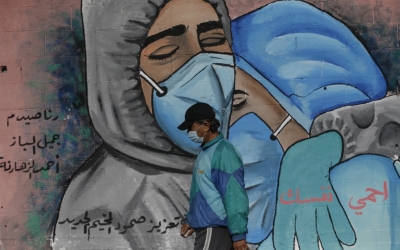
It was not clear, however, which vaccine the Palestinians would be given via the programme.
Tunisia and the occupied Palestinian territory would be the first to receive the Covax jabs because they meet the requirements needed for the programme.
Palestinian Prime Minister Mohammad Shtayyeh said that his government would receive the first batch of 50,000 vaccines from Covax.
Criticism of Israel
Israel, which has vaccinated the most people in the world, faced criticism for not providing enough vaccines for Palestinians living under Israeli occupation.
Jordan's King Abdullah on Wednesday told the annual World Economic Forum in Davos that Israel's failure to provide vaccines to Palestinians in Gaza and the West Bank would be "counterproductive".
"You cannot vaccinate one part of your society and not the other and think that you are going to be safe," Abdullah told Davos via video link.
Aimee Shalan, chief executive of Medical Aid for Palestinians, welcomed Covax's support but said that relying on donations alone would slow down the Palestinian vaccination programme.
"As the occupying power it [Israel] is obligated to ensure that the entire population of occupied Palestine can access a vaccination programme that is rapid, equitable and comprehensive," Shalan told Middle East Eye.
"Essential Covax support will eventually provide vaccinations for just 20 percent of the population, and will take months to be fully delivered. Meanwhile, Israel's promise of 5,000 vaccines covers just 0.11 per cent of the population."
Shalan added: "The Palestinian health system would not be able to cope if the UK or South African variant took hold and caused a significant surge in cases] in the occupied territory.”
said that due to the military occupation and blockade, the Palestinian health system would not be able to cope if the UK or South African variant arrived in the occupied territory.
Middle East Eye delivers independent and unrivalled coverage and analysis of the Middle East, North Africa and beyond. To learn more about republishing this content and the associated fees, please fill out this form. More about MEE can be found here.


